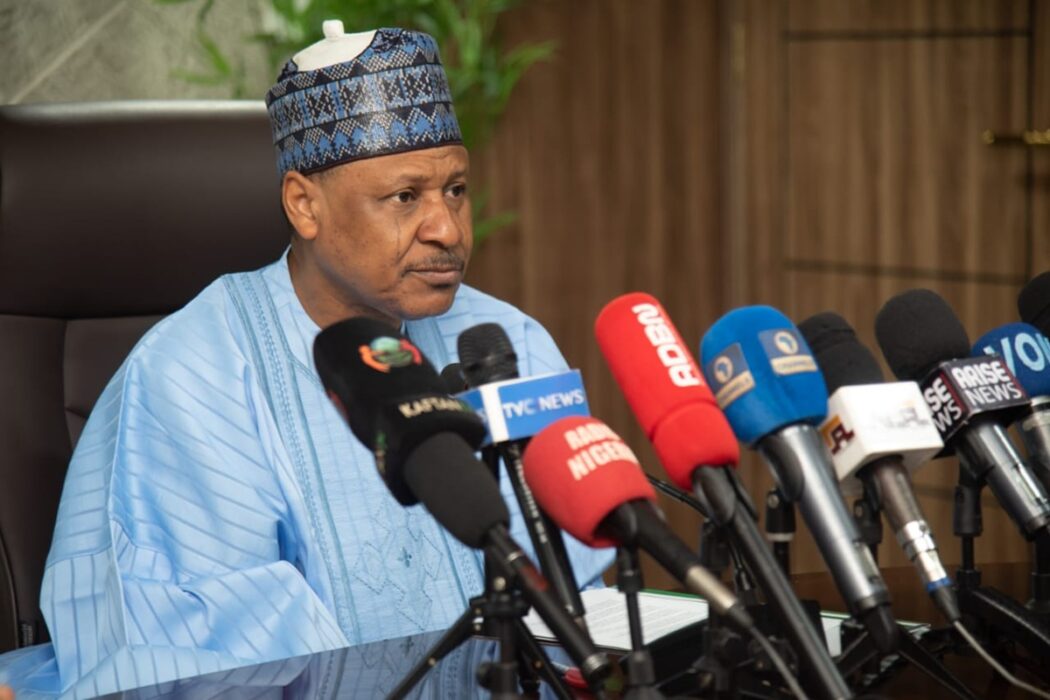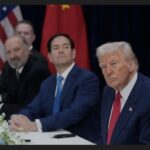FG Dismisses Trump’s Allegation of Christian Genocide, Says Claims Don’t Reflect Reality

The Federal Government of Nigeria has dismissed recent remarks by U.S. President Donald J. Trump alleging large-scale killings of Christians in the country and Nigeria’s designation as a “Country of Particular Concern.”
In a statement issued on Saturday, November 1, 2025, and signed by Kimiebi Imomotimi Ebienfa, spokesperson for the Ministry of Foreign Affairs, Abuja, the government described Trump’s claims as “inaccurate and unreflective of the situation on the ground.”
The statement, numbered MFA/PR/2025/103, reaffirmed Nigeria’s commitment to religious freedom, interfaith harmony, and the protection of all citizens regardless of faith.
“The Federal Government of Nigeria notes the recent remarks by U.S. President Donald J. Trump alleging large-scale killings of Christians in Nigeria and the country’s designation as a ‘Country of Particular Concern.’
While Nigeria appreciates global concern for human rights and religious freedom, these claims do not reflect the situation on the ground,” the statement read.
It further stressed that Nigerians of different faiths have long lived, worked, and worshipped together peacefully, and that the government continues to take firm measures to combat terrorism and violent extremism.
“Under the leadership of President Bola Ahmed Tinubu, Nigeria remains committed to fighting terrorism, strengthening interfaith harmony, and protecting the lives and rights of all its people,” the ministry stated.
The press release also emphasized Nigeria’s readiness to maintain constructive engagement with the U.S. government, particularly on regional security and human rights issues.
“Nigeria will continue to engage constructively with the Government of the United States to deepen mutual understanding of regional dynamics and the country’s ongoing peace and security efforts,” it added.
Trump’s remarks, made earlier in the week, alleged that the Nigerian government has failed to prevent or address widespread persecution of Christians, calling for a stronger U.S. stance on religious freedom violations. However, Abuja’s response marks a clear rejection of that characterization, asserting that the country’s religious tensions stem largely from broader security challenges rather than state-sponsored targeting.
The Ministry’s statement is the latest in a series of diplomatic exchanges between Nigeria and the United States over issues of religious freedom and human rights. In past years, Nigeria had been placed on and later removed from the U.S. “Country of Particular Concern” list — a designation reserved for nations accused of severe violations of religious liberty.
As of press time, there has been no formal reaction from the U.S. State Department to Nigeria’s latest statement. The Federal Government, however, insists that the country’s security situation is improving under ongoing counterterrorism operations and community peacebuilding efforts across regions affected by past violence.









